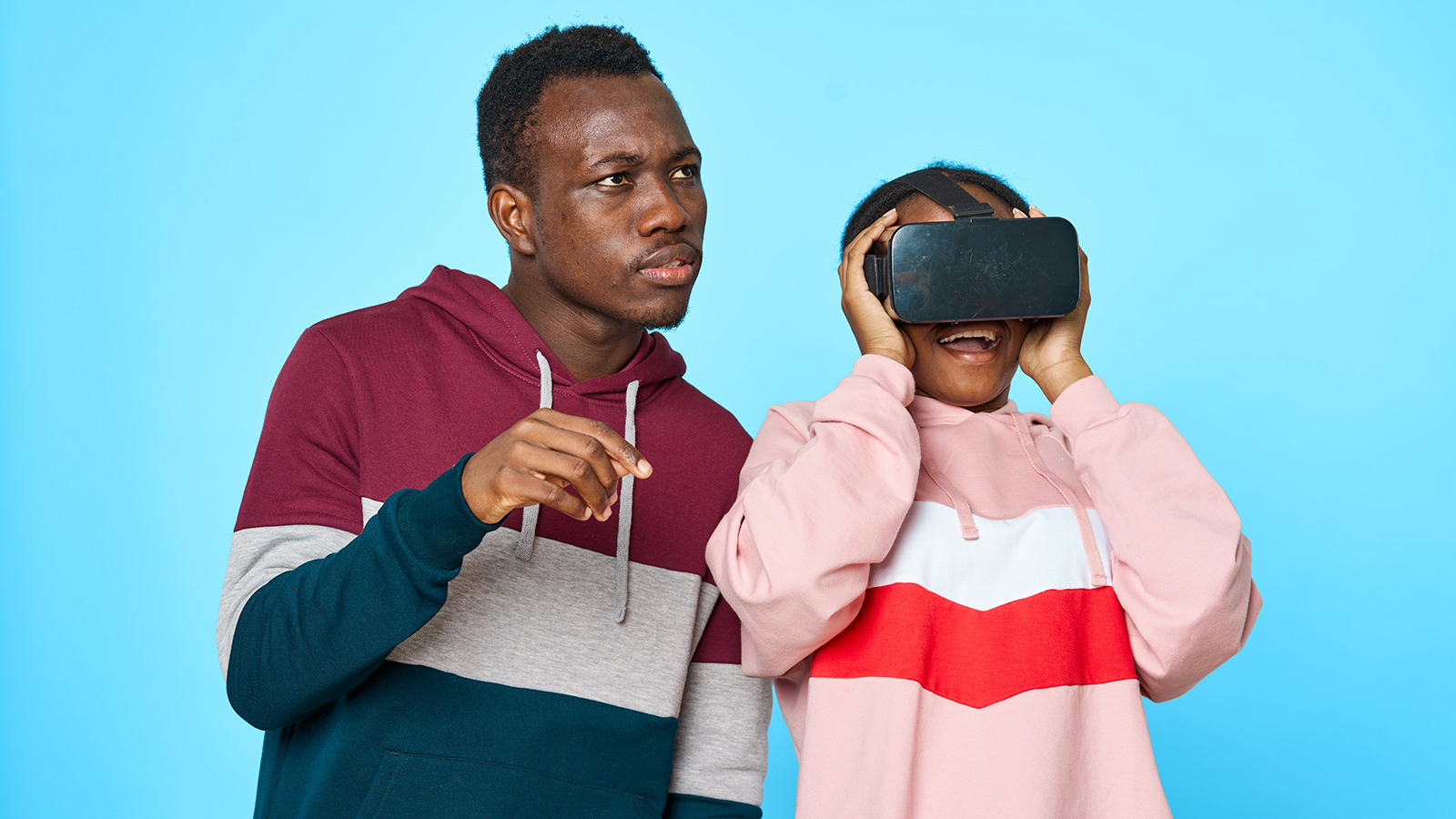As part of Primary Learning’s online professional resources, we are launching the ‘Exploring Literacy’ series of courses for teachers. Each course consists of a reading or research, questions to consider, and ideas for implementation in the learning process; possibilities for our students’ learning are introduced. Each course is available as a ‘stand-alone’, or as part of the suite of five.
At Primary Learning we draw on our expertise, our practical experience in the classroom and working with teachers; we engage with research, we challenge and interrogate much of the mass of ‘stuff’ out there that purports to be about education. We bring our knowledge and our understanding of the field to look at learning – everybody’s learning.
The current situation
The COVID-19 virus has added new and unanticipated dimensions to the many issues that teachers already contend with in the normal course of their students’ learning lives.
The disruption to regular school attendance for our students has generated considerable talk about schools and the work that happens there. Teachers and parents grapple with online and print content and responsibility, and trying to fit it all in with working from home. There is confusion with political decision-making, contagion and risk.
Talking about learning? Not so much. Talking about perceptions and myths and inaccuracies and the unfortunately far too common outsiders’ view of what learning is, and what schools, are about? You bet!
It is difficult to make sense of conflicting and contradicting messages.
‘Exploring Literacy’ can help.
Literacy at home
Literacy is not a subject. Literacy is an understanding about making meaning in many contexts. While literacy skills develop over time, they are never complete. New contexts require new vocabularies, new ways of listening, and new ways of interacting. We are all constantly building our literacy skills.
Some parents are concerned that their children are ‘missing out’ on learning. There may not be easy access to online learning, and often the materials don’t appear to make sense. As well, dozens of ‘busy work’ sites have popped up online, and even supermarkets provide ‘expert’ publications for students. These add to the confusion.
Home literacy practices are valuable building blocks for learning – for making meaning with others. They involve using print and multimodal texts, and conversations about what is happening. While our activities are restricted, literacy is developing while you are working out what to do with the school work that has been prepared, walking with the family, having dinner together, having conversations with grandparents, exercising at home, watching movies, being aware of opinions, and sharing information about the coronavirus itself. This family talk has often been subsumed by our (formerly) busy lifestyles. Yet these practices are some of the most valuable and rewarding aspects of literacy.
Teachers can build much of the work at home around talking, listening and interacting, and know that these are integral to learning and building skills in literacy.
Talking about Learning
The initial online course in Primary Learning’s ‘Exploring Literacy’ series is titled ‘Talking about Learning’.
In the course, participants – teachers – examine the Australian Curriculum, Assessment and Reporting Authority’s (ACARA) National Literacy Progression for the elements and sub-elements of speaking and listening, with an emphasis on interacting. Using the Progression, we can see the types of behaviours that show development, according to this Australian Curriculum view of literacy behaviours.
We can see the importance of interacting in this representation of the content of the Literacy Progression.
Preparing work for our students is where we apply our educators’ knowledge. Our skill will show in the ways our students’ literacy behaviours develop through the carefully planned activities and syllabus and learning-based investigations we provide for working on at home.
Learning
Teachers, too, continue along the paths of learning – through classroom work, research, observations, and reflection. We continue to develop our knowledge of the practice of teaching and learning – of and about, education. Learning about this practice, like literacy, is never complete.
It is up to us to make the work we give our students valuable, so their effort is worth the learning. They (and we) have to be learning about something significant. This is a good test for much of that ‘busy’ work, or worksheet-style activity – how valuable is this learning? Is it worth the work a student will put into it?
Learning is risky. Teachers and parents understand that our students are learning all the time – they learn the things we don’t necessarily intend to teach, or want them to learn, as well as the planned for outcomes.
Learning is individual, it takes time, and it develops from what is known.
‘Exploring Literacy – Talking about learning’ will help build ‘what is known’ for teachers, about using interacting, and about making meaning with our students, so they can do the same.
There is an intense inter-relationship between speaking and listening, reading and writing, viewing and representing as we make meaning through language.
NSW English Syllabus K-10 2012 p. 24
References
Australian Curriculum, Assessment and Reporting Authority (ACARA) (2017) Literacy Progression https://www.australiancurriculum.edu.au/media/3673/national-literacy-learning-progression.pdf
NSW Board of Studies (2012) NSW English Syllabus K-10 at http://www.educationstandards.nsw.edu.au/wps/portal/nesa/k-10/learning-areas/english-year-10






